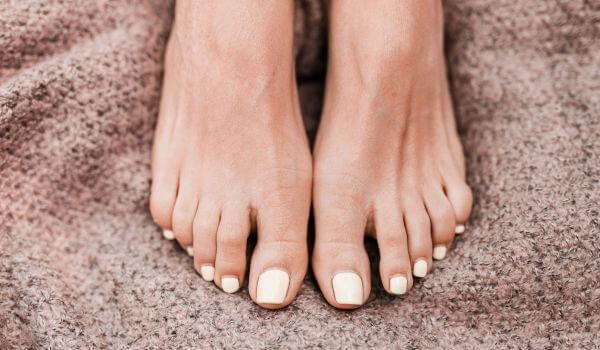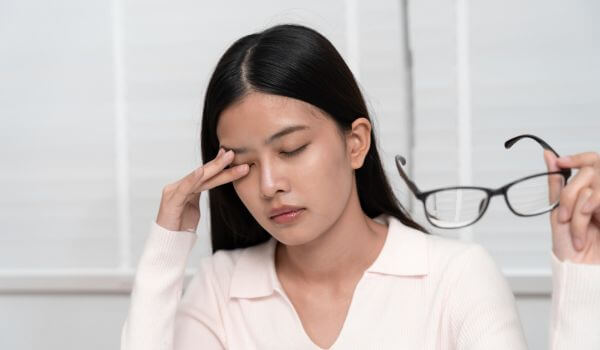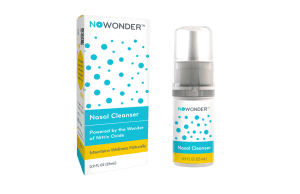Low libido after menopause is one of the most common yet least discussed symptoms women experience during this life stage. The medical term for a person’s interest in sexual activity is “libido.” While it can’t be measured like blood pressure or glucose, libido is deeply connected to physical and emotional health. Changes in libido can influence overall well-being, and ignoring them may lead to frustration, anxiety, or depression.
As people age, their sex drive naturally fluctuates, shaped by hormones, emotions, and life changes such as pregnancy, illness, or menopause. For women, this transition often brings a decline in estrogen, progesterone, and testosterone, all of which play a role in sexual desire and comfort. It’s normal for sex drive to shift, but when it becomes distressing, it’s time to explore why, and what can help.
The “silent symptom” of menopause
When a woman reaches menopause, the ovaries slow hormone production. Levels of estrogen, progesterone, and testosterone drop significantly, changing vaginal tissue and lubrication. These shifts can lead to dryness, discomfort, or pain during intimacy, a condition known as genitourinary syndrome of menopause (GSM). When sex becomes painful, desire often diminishes as a protective response. Fortunately, GSM is highly treatable.
Local estrogen treatments, such as Vagifem or Premarin Vaginal Cream, can restore vaginal moisture, elasticity, and comfort. These therapies relieve dryness and irritation, helping rekindle natural desire by making intimacy physically comfortable again.
Other causes of hormone fluctuations
- Perimenopause, the years leading up to menopause, brings unpredictable hormonal swings that can impact mood and sexual interest.
- Some medications, including antidepressants and blood-pressure drugs, can interfere with arousal or orgasm.
- Chronic stress, fatigue, or anxiety can suppress libido by disrupting the balance of brain chemicals related to pleasure and reward.
What is menopause doing that results in low libido or HSDD
Menopause lowers all major sex hormones, not just estrogen. Declining testosterone can be particularly important. Testosterone supports sexual motivation, arousal, and orgasmic response in women. When levels drop too far, some women develop hypoactive sexual desire disorder (HSDD), a condition marked by persistently low desire that causes distress or relationship strain.
While many people experience lower libido, HSDD is different because it affects daily life and emotional well-being. A study found that about one in four premenopausal women reported periods of low sexual desire, and this number doubled among naturally menopausal women. Understanding these hormonal patterns helps women and clinicians separate what’s normal from what needs attention.
Treatment options: From lifestyle to hormones
There’s no single cause, or cure, for low libido after menopause. The best approach considers body, mind, and relationship together. Helpful strategies include:
- Address vaginal pain or dryness. Restoring comfort is the first step toward restoring desire. Moisturizers, lubricants, and local estrogen treatments such as Vagifem or Premarin Vaginal Cream are effective for GSM.
- Review medications. If libido dropped after starting a new drug, discuss possible alternatives or dose adjustments with a healthcare professional.
- Strengthen emotional connection. Stress, fatigue, and relationship tension often reduce sexual interest. Mindfulness or cognitive-behavioral therapy can help rebuild intimacy.
- Stay active. Regular exercise promotes circulation and mood balance, supporting both physical arousal and emotional well-being.
When low libido causes distress and persists for months, medical therapy may be appropriate. Testosterone cream for women has shown promise for postmenopausal cases of HSDD.
What makes AndroFeme the preferred choice among testosterone therapies
Androfeme is a transdermal testosterone cream specifically designed for women. It’s approved in Australia for use in postmenopausal women with low libido or HSDD and delivers a carefully balanced dose to restore healthy testosterone levels without the side effects often seen with male formulations. Unlike oral or injectable hormones, topical testosterone maintains more consistent levels and allows fine-tuning under medical supervision.
Women using Androfeme often report improved sexual interest, arousal, and satisfaction, as well as enhanced energy and mood. Treatment should always be guided by a clinician, with periodic monitoring to ensure hormone levels stay within the female physiological range.
Help is available – you only need to ask the right people
Sexual health is part of overall health. For many women, discussing sex still feels taboo, but clinicians are trained to address these concerns openly and professionally. It’s important to:
- Engage in open conversations with a trusted healthcare provider about changes in libido, comfort, or relationship concerns.
- Include partners in the discussion to improve communication and shared understanding.
- Reach out to IsraelPharm’s team for discreet support, expert guidance, and door-to-door delivery of prescribed therapies that promote sexual health over 50.
- More information is waiting for your attention, including our own articles that deal with Menopause and vaginal health, Common side effects of medications, Menopause and lower interest in sex, as well as from specialist journals like The evolution in the treatment of female hypoactive sexual desire disorder.
Frequently asked questions about menopause and libido
Is low libido after menopause normal?
Yes, it’s very common. Hormonal changes during menopause can lower sex hormones like estrogen and testosterone, which can reduce desire and make arousal harder. For many women, this is part of the natural aging process, but when it causes distress, help is available.
What is hypoactive sexual desire disorder (HSDD)?
HSDD is a clinical term for ongoing low sexual desire that causes emotional distress or relationship problems. It differs from ordinary dips in libido because the lack of interest persists and bothers the person. Treatment can include hormone therapy, counseling, and lifestyle adjustments.
Can hormone therapy improve sex drive?
Hormone replacement therapy can relieve symptoms like hot flashes, dryness, and discomfort that indirectly improve desire. Adding low-dose testosterone, as in Androfeme, can directly support libido in postmenopausal women under medical supervision.
How long does it take to notice results from AndroFeme?
Improvement varies. Vaginal comfort often returns within a few weeks of starting localized estrogen treatments like Vagifem or Premarin Vaginal Cream. Testosterone therapy may take 6–12 weeks to restore sexual interest. Lifestyle changes and therapy can produce gradual, lasting benefits.
When should a person seek professional help if sex drive wanes?
If low libido persists for more than a few months or creates stress, it’s worth talking to a doctor. Persistent low desire that affects emotional health or relationships could indicate HSDD, which is treatable through individualized therapy, hormone management, or both.













